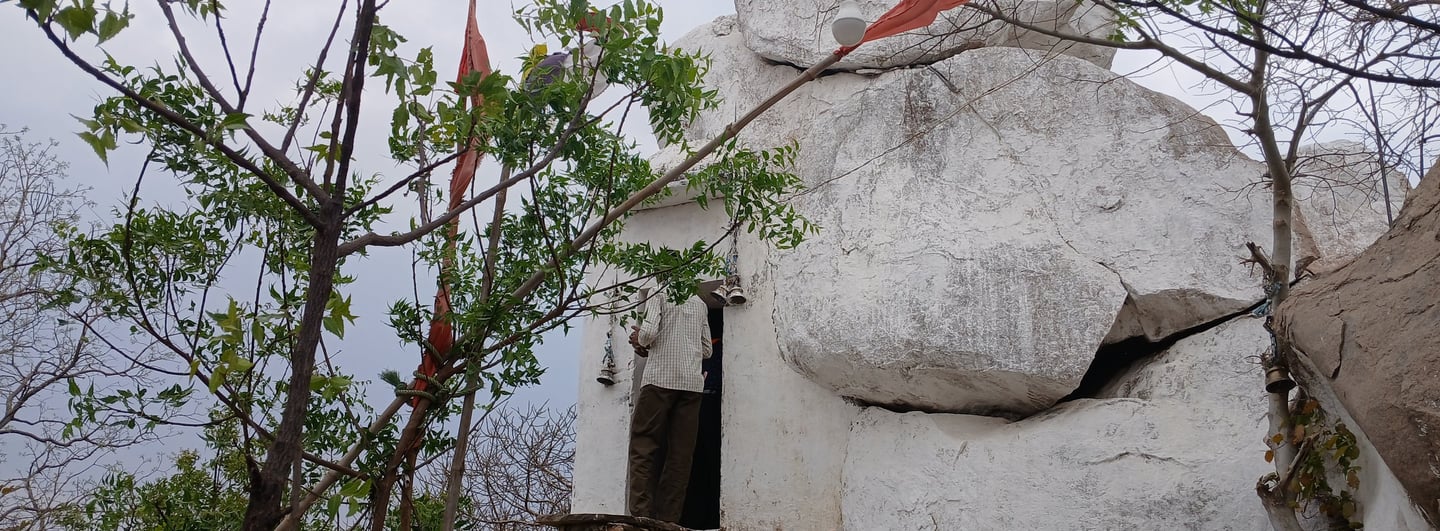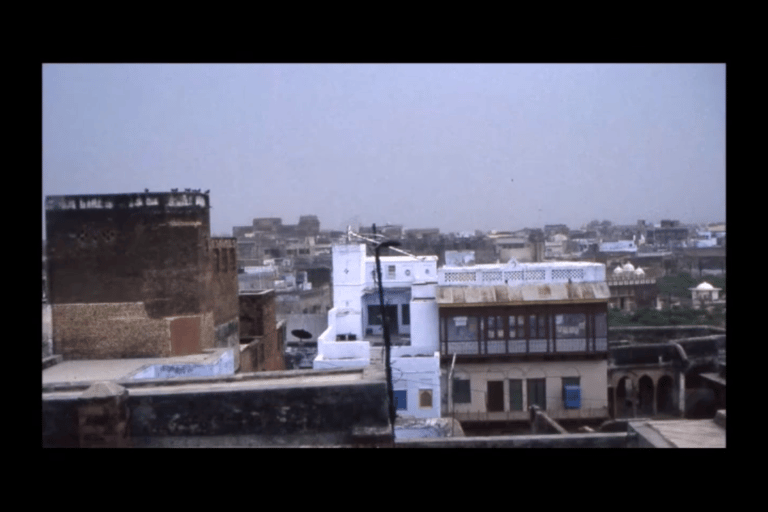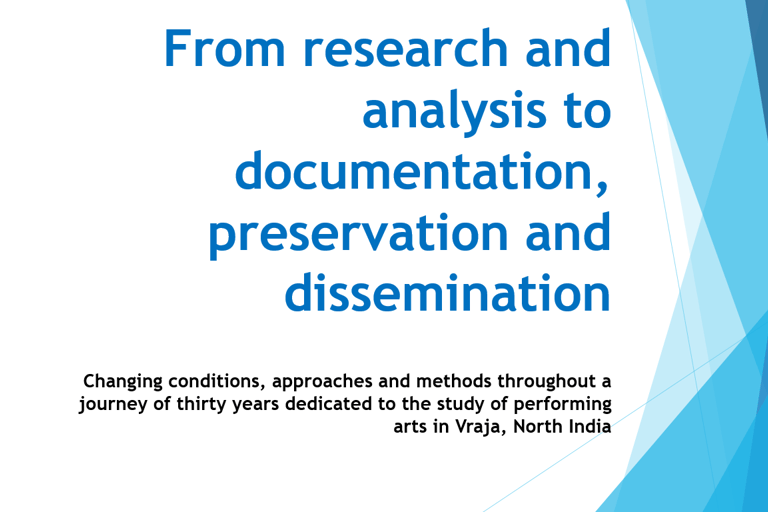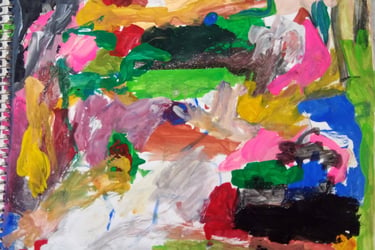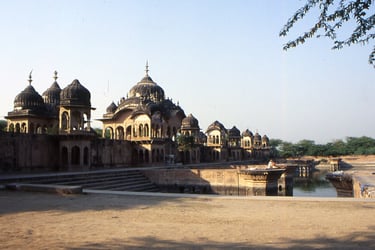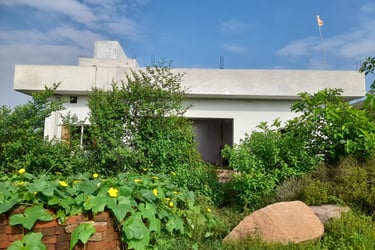VRAJA KALA SANSKRITI SANSTHANA
The region of Vraja offers rich fields for research into art, literature, music and other cultural aspects. Centered on the temple towns of Vrindaban and Mathura in northwestern Uttar Pradesh, Vraja is one of India's foremost pilgrimage centers which owes its religious and cultural importance to a number of factors. Being the sacred location of the legendary spots associated with the childhood games and pastimes of Lord Krishna, Vraja gained cultural significance from the 16th century onwards, when the Bengali saint Shri Caitanya and his followers identified and re-established the site now known as Vrindaban. Today, Vraja is the center of Krishna worship that attracts every year thousands of devotees from all over India.
The chief tenet of Vaishnavism is bhakti, devotion to God as a personal deity. The bhakti religion emphasizes an emotional relationship between man and God, which is achieved and maintained through the aesthetic experience of the divine. One of the principal features of Vaishnava bhakti is the preferred usage of vernaculars in place of Sanskrit, which led to the development of rich traditions of devotional poetry in regional languages. Starting with a group of Tamil poets known as the Alvars in the 6th century A.D., during the following ten centuries, the bhakti tradition spread all over India. The earliest Vaishnava sampradayas originated in the south, but during the 15th and 16th centuries the followers of these Vaishnava communities felt increasingly attracted by the legendary region of Vraja, hence they established their new religious centers in Vraja. The region of Vraja maintains significance not only for its religious and legendary associations, but also for its language: the Vrajabhasha dialect of Hindi, the native language of Vraja, is the foremost language of devotional poetry and literature in northern India. Since the Vaishnavite tradition promoted the usage of regional languages, from the 15th century onwards, a rich tradition of devotional poetry in Vrajabhasha and, along with the poetic practice, an important tradition of devotional music began to flourish in Vraja. Music, literature and fine arts have acquired their fixed place in the daily and seasonal ritual practice of the temples and religious communities.


Watch our documentary films, slide shows and informative reports
Stay updated about our news and events
